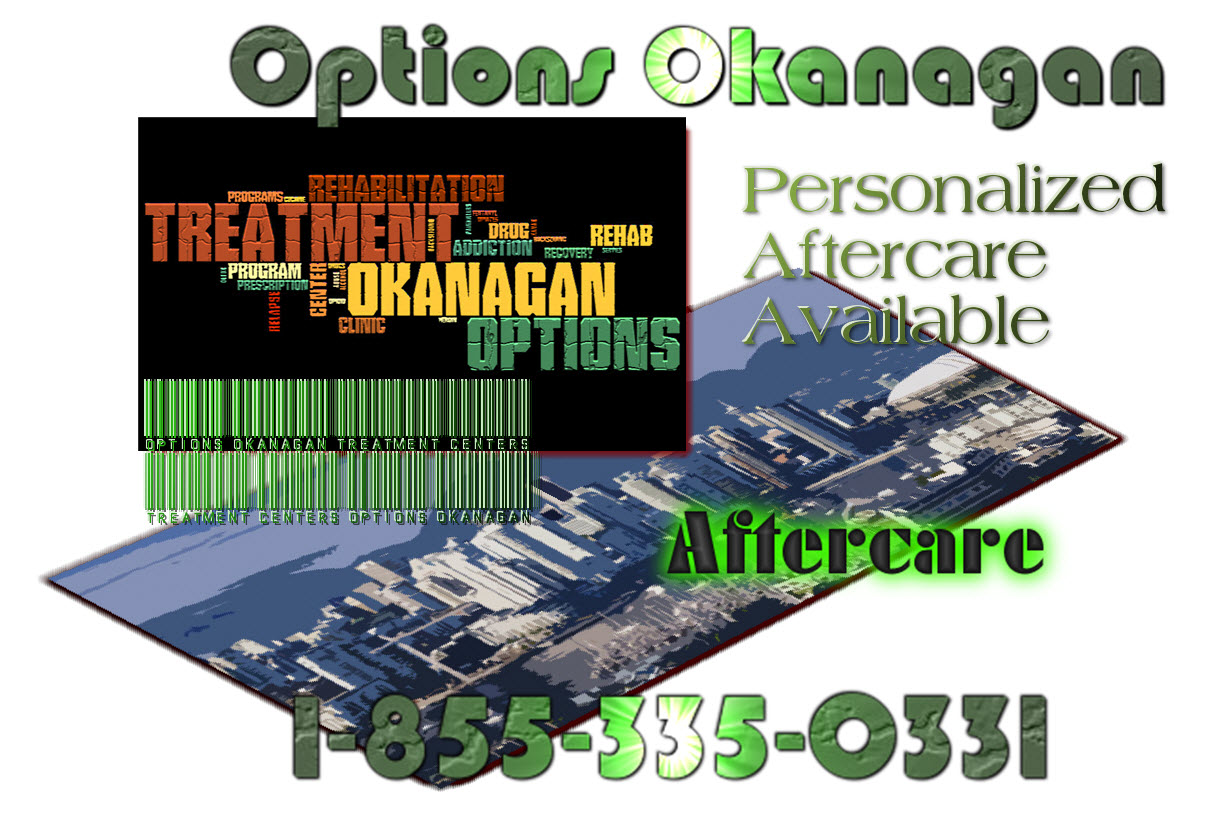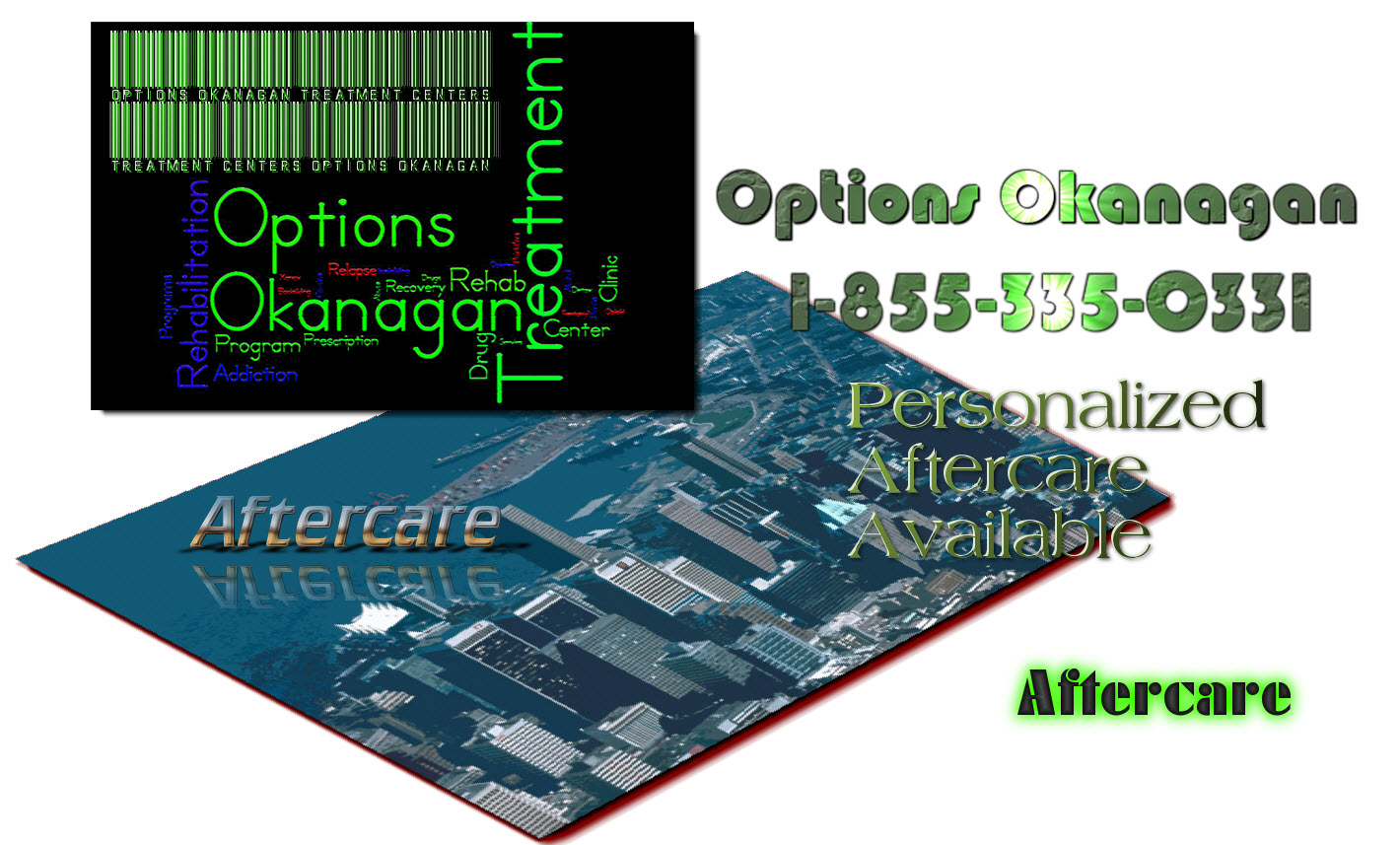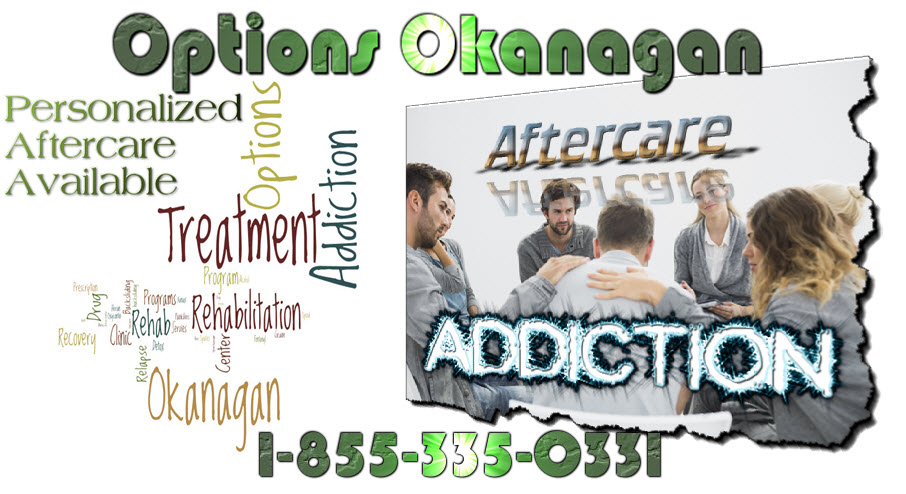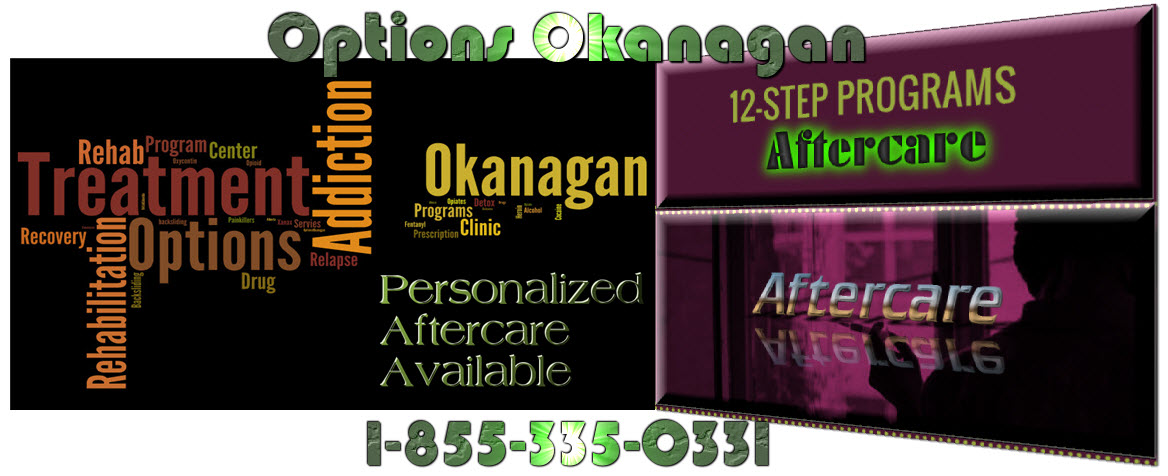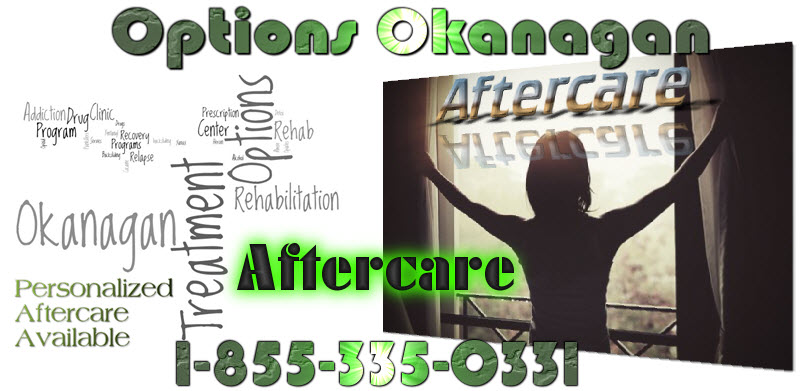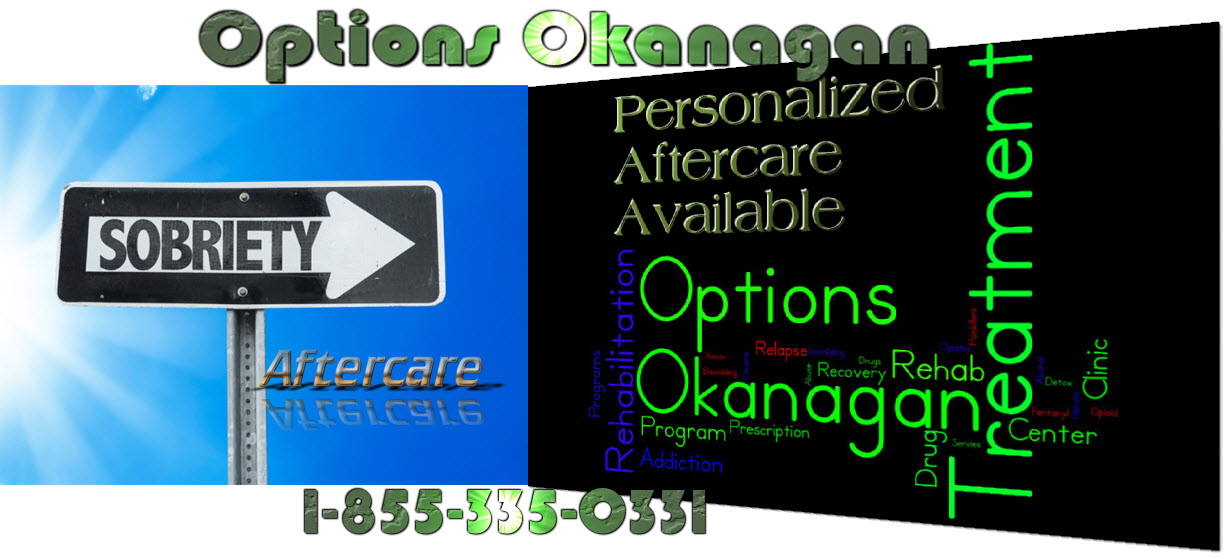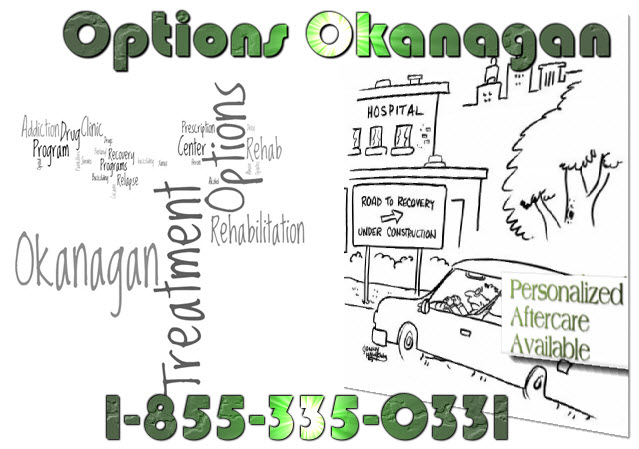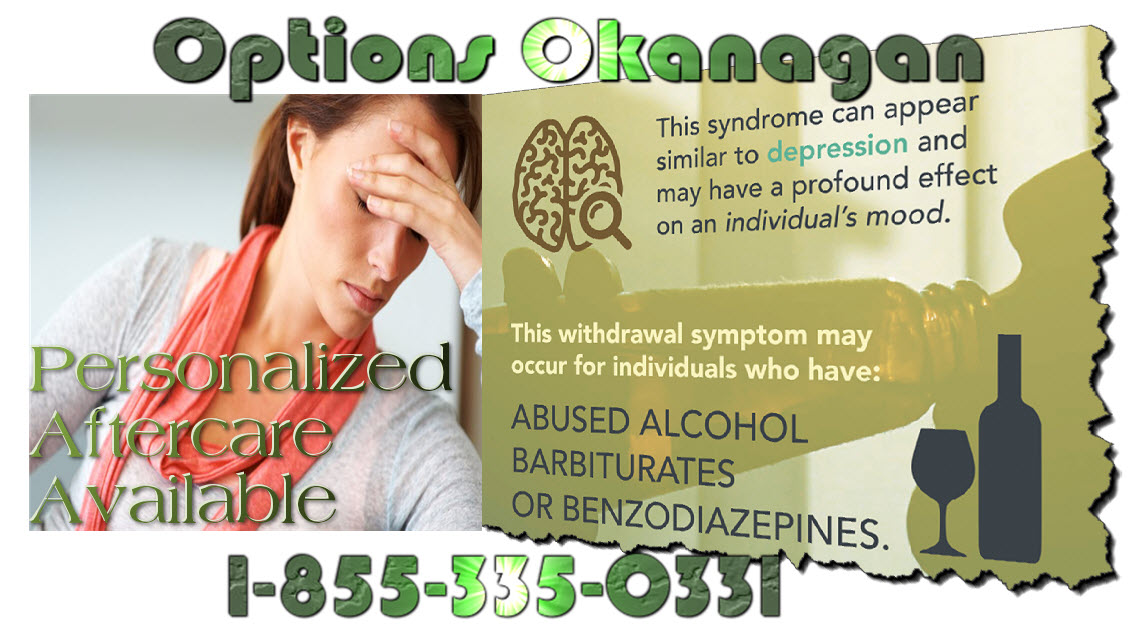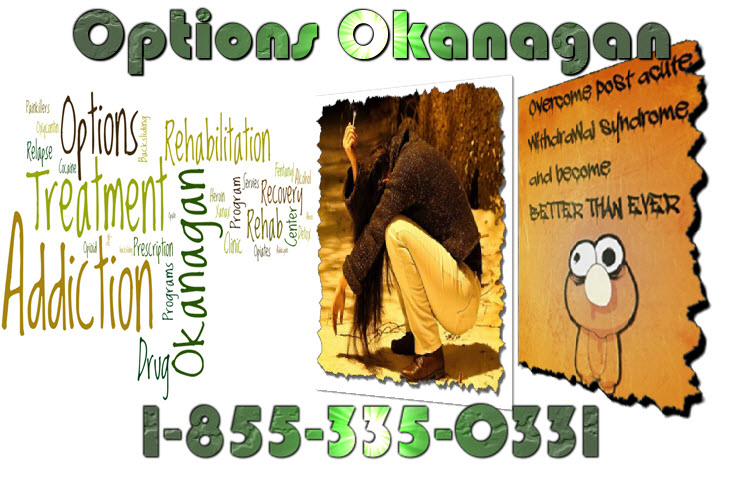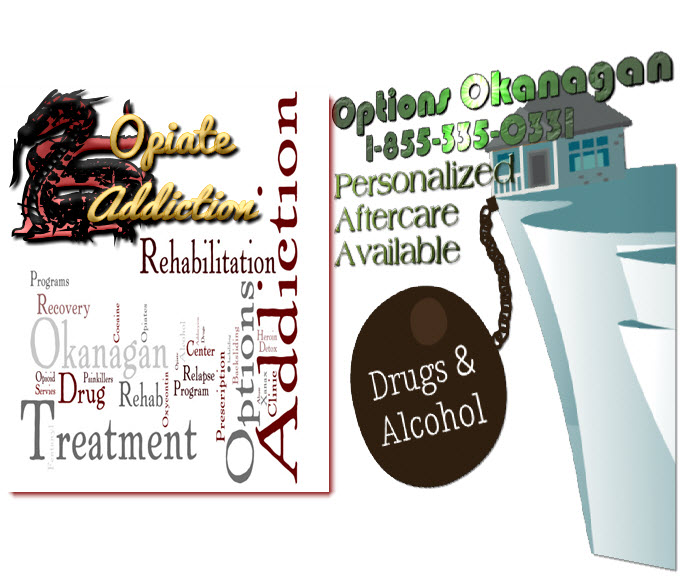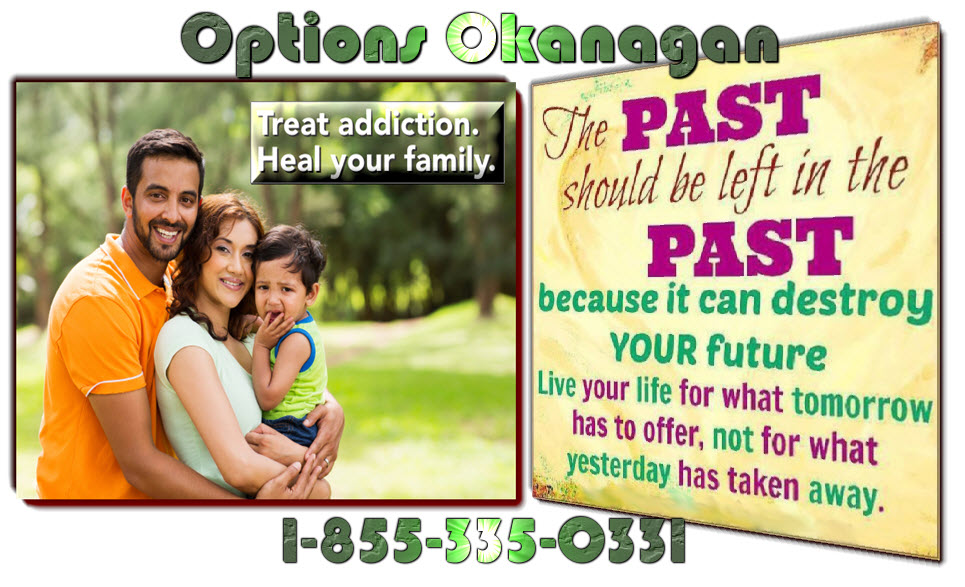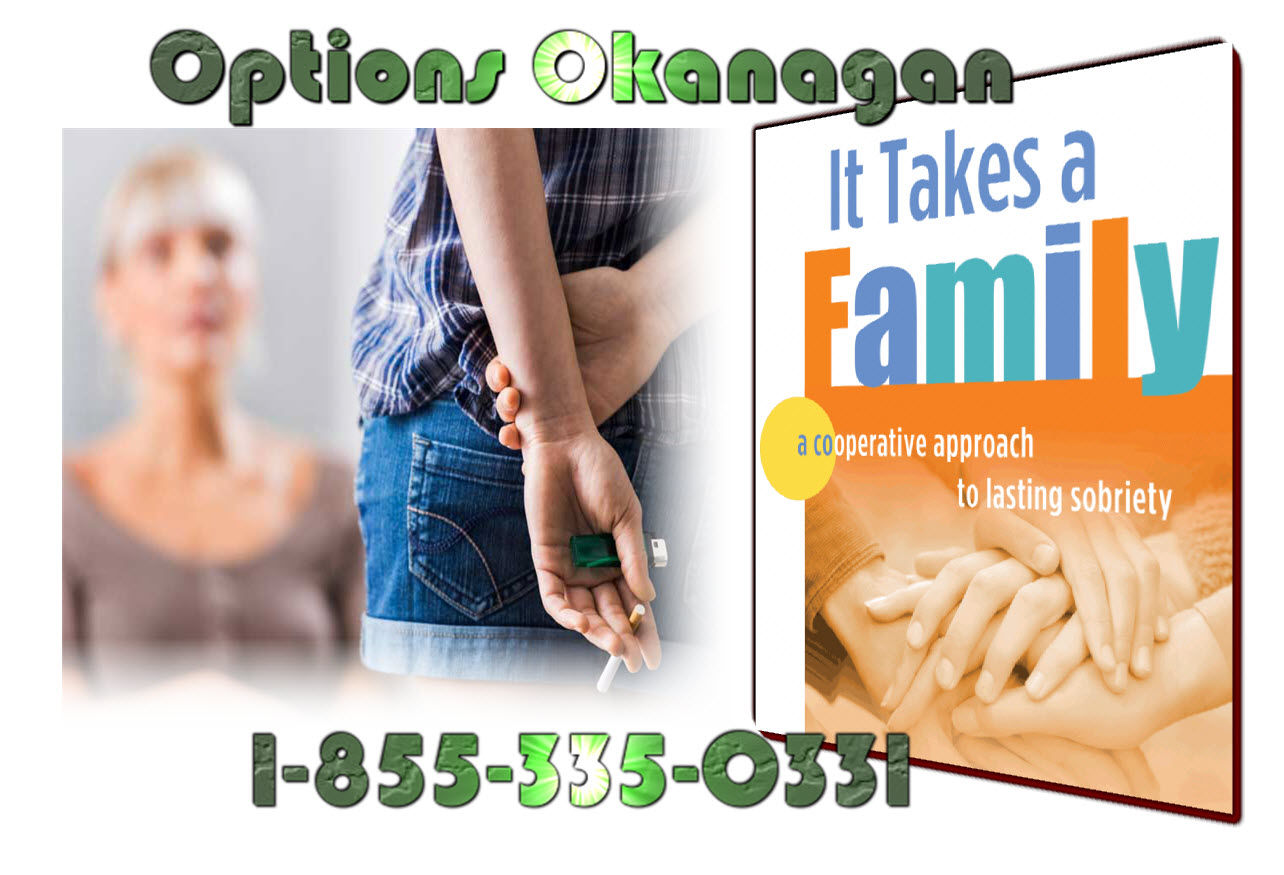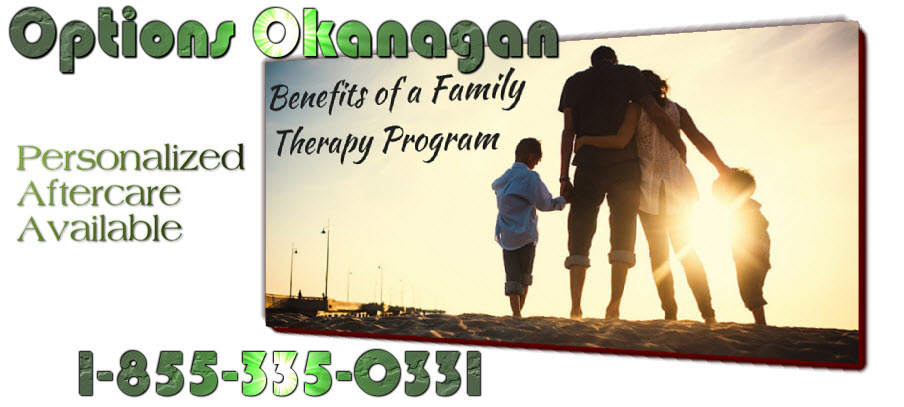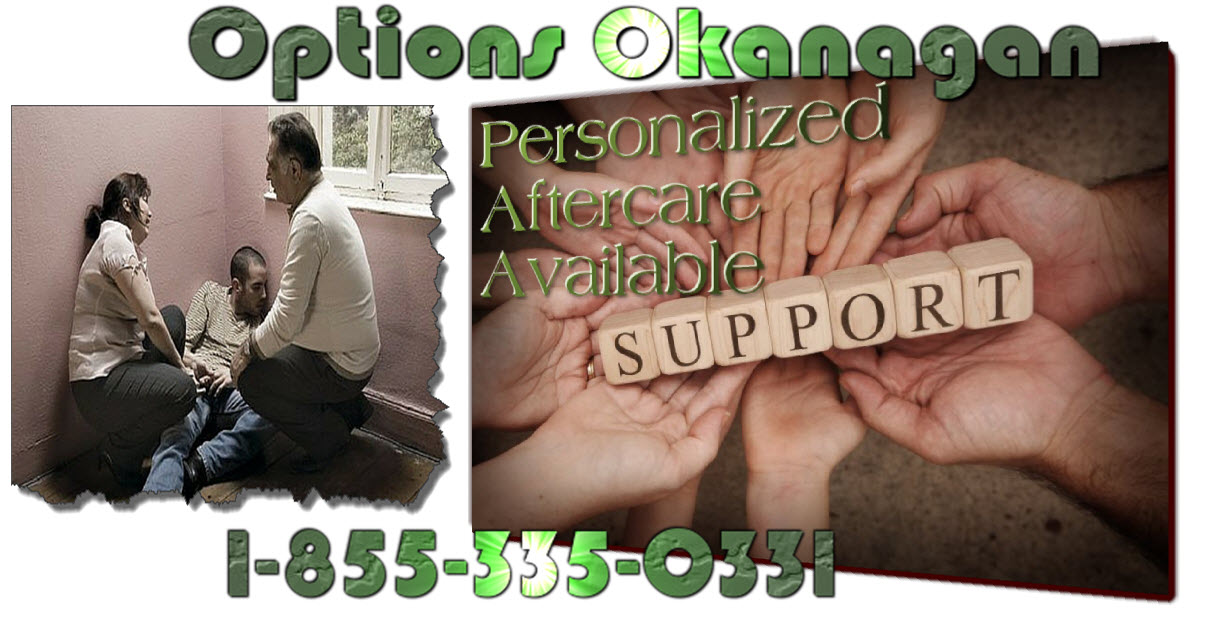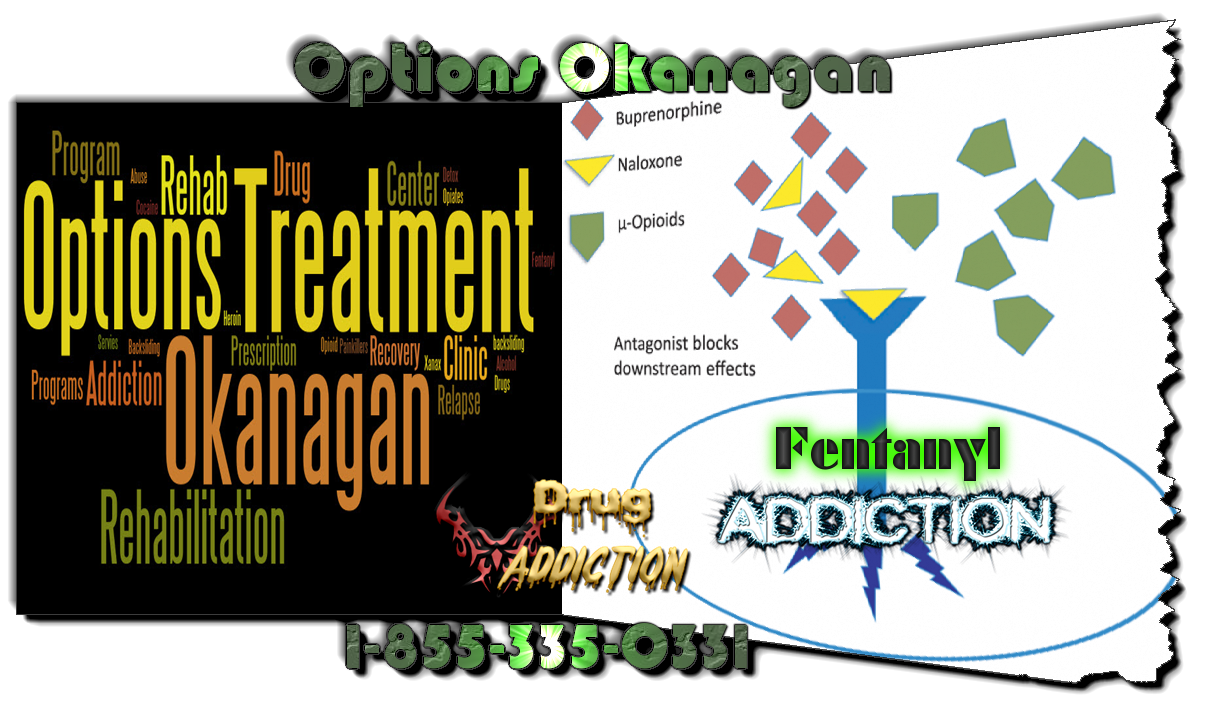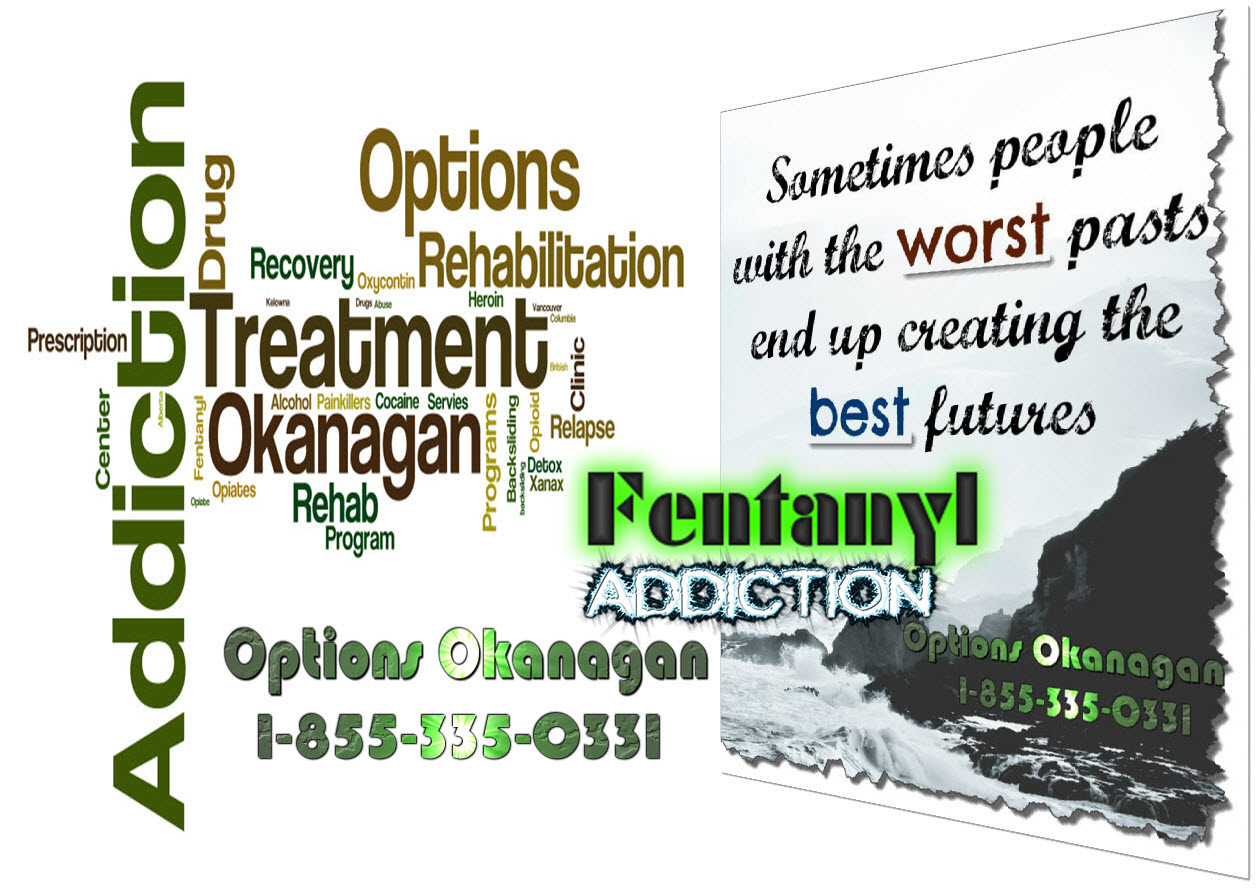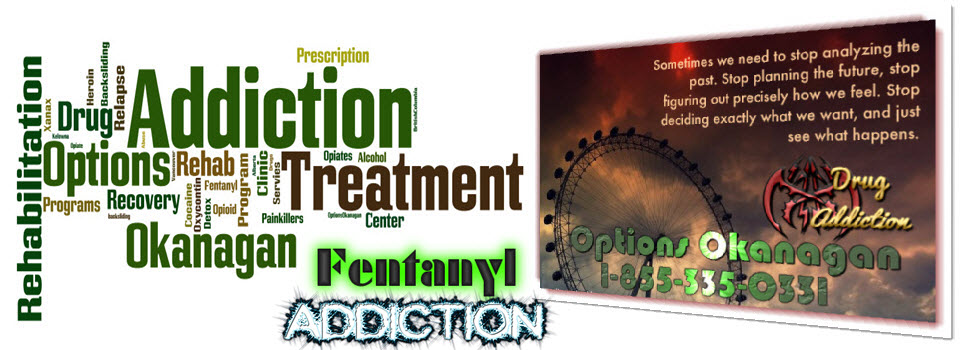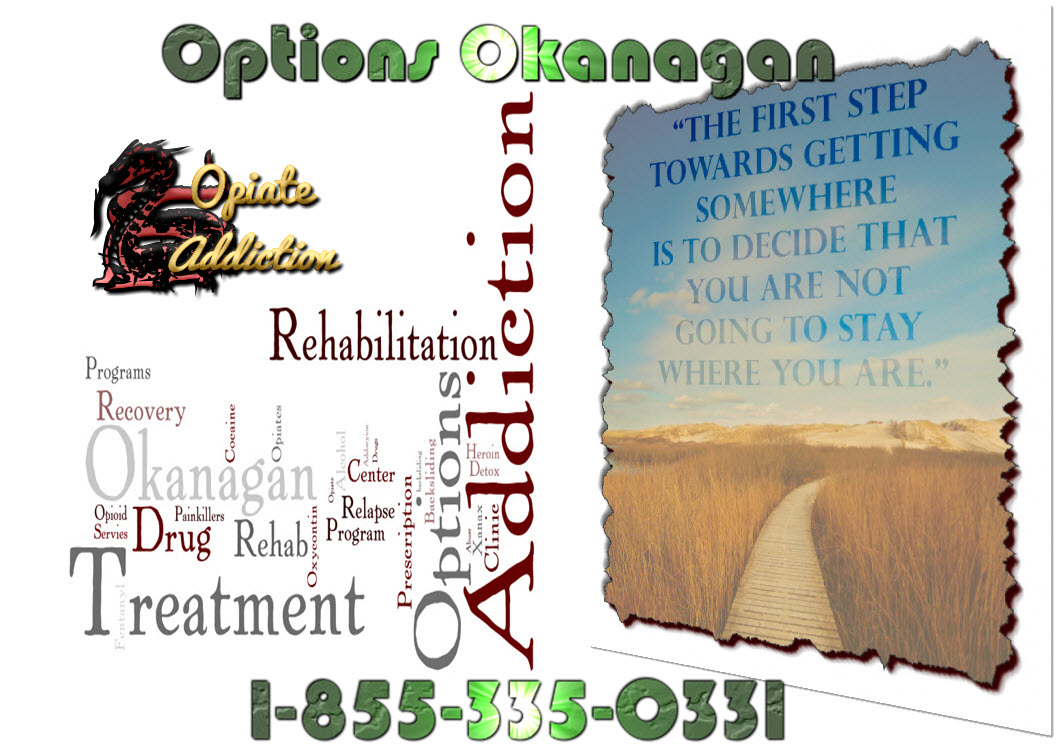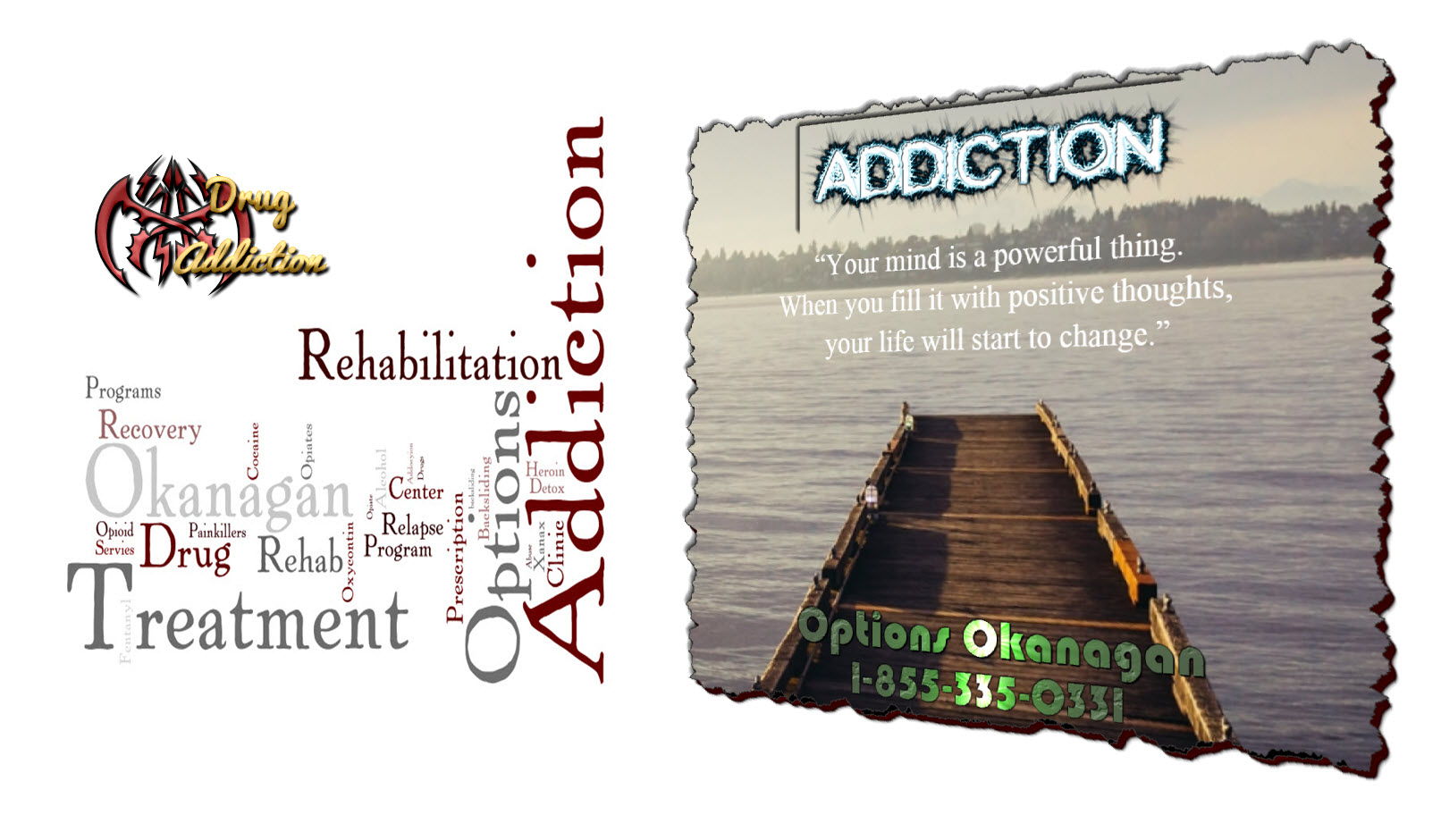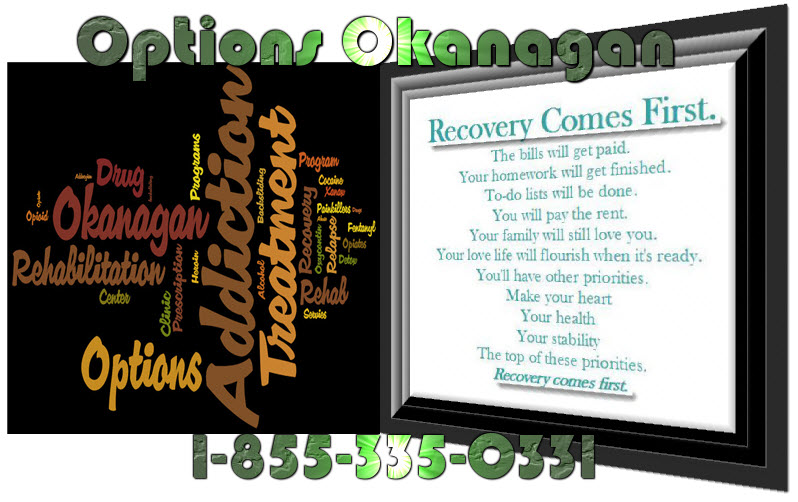Once your opiate, drug or alcohol rehab treatment finishes in Vancouver, Victoria or Kelowna, British Columbia what aftercare program is needed for a potential relapse back in addiction – Options Okanagan Treatment Centers in Kelowna, British Columbia treating opiate and alcohol addiction and recovery.
It’s ironic that some of the more difficult chapters of recovery actually take place after treatment is supposedly done, because those who have recovered often suffer from relapses. Families and loved ones of the afflicted individual should be prepared for relapses in post-treatment chapters of life so that the disappointment and damage are manageable.
Even those who went through effective treatment for their addictions are going to have to face situations they are not fully prepared for or comfortable with when they leave rehab and come home to familiar surroundings and normal life. Such situations can cause nearly intolerable cravings for returning to drugs or alcohol. Lapse, which is technically defined as a return to drugs or alcohol even once after treatment, happens to half or more people who finish treatment. The first quarter to half year after formal treatment completion is the period of highest risk. Lapse is different than relapse, which is defined as those who return to drugs or alcohol, not once, but to problematic or excessive levels, happens to just under a third of those that finished treatment in the previous 12 months.
It’s essential that patients, as well as their close relatives and friends, all prepare for the chance that either lapse or relapse happen. Preparations need to include early detections of lapse, and the establishment of responses that everyone can take to keep a lapse from growing into a full relapse. There are two different activity sets that can minimize the chances of a relapse or at least cut down on the severity of one.
Aftercare: Preparation During Treatment:
Aftercare: The right addiction treatment regimen helps its patients get ready to:
1) Realize they have an issue that demands continued attention and management.
2) Adopt and employ fundamental basics that others have used to identify and resist the craving for drugs or alcohol when such instances present themselves.
3) Stay engaged in continuing care through options such as AA, as well as get routine screening for substance abuse via breathalyzer analysis or urine testing.
4) Be receptive to occasional phone calls or even in-home visitation so that care can be followed and monitored.
These are rather generic elements but they are also sound techniques for post-care treatment success, and all contribute to avoiding lapse happening. Families should be incorporated into this planning so they know what’s going on and can even support the efforts, such as knowing symptoms and warnings of lapse to look for.
Aftercare: Preparation During Post-Treatment:
In order to hopefully prevent or at least contain a relapse, any nearby family should volunteer to assist in the planning and execution of continuing care. Families and anyone else who cares can help out with five individual steps:
1) Keep copies of planned continuing care readily available so that there is clear communication, expectations, and unambiguous response to issues.
2) Have the recovering addict list in writing early symptoms, signs, and behaviors that might trigger lapse or relapse. These are certain actions, time spent with particular individuals, or even inactions that should be considered stern warning signs. Family and friends should monitor the addict for these warning signs at all times.
3) The addict should also consider potential or former relapses and advise friends and family on what they can do to stop them or help them out. These steps and scenarios can be used to construct action plans.
4) The family should have access to the results of urine screening after post-treatment, and these results should be on display for everyone to see. Positive results should get noticed in conversations honestly and openly.
5) Look out for any changes in the addict that seem in alignment with a lifestyle free of drugs or alcohol. Reinforce positive behavior accordingly.
Options Okanagan Opiate and Alcohol Treatment Centers in Kelowna, Salmon Arm and Vancouver, British Columbia – Men and Women are recovering and healing from Alcohol and Drug Abuse at our treatment center here in the Okanagan right now.
Our unique and distinctive Opiate Drug and Alcohol treatment program allows men and women to come in from Calgary as well as Edmonton as we offer airport pickup.
Numerous clients come to us from Vancouver, Calgary and Edmonton and other locations in Alberta and even other provinces for Opiate addiction treatment, heroin drug treatment, many other drug and alcohol addictions for rehabilitation because of the uniqueness of our treatment center.
Our Treatment Location:
Options Okanagan Opiate Treatment Center
551 Sherrydale Crescent, Kelowna, British Columbia, V1V 2E6
Toll Free Phone Number : 1-855-335-0331

